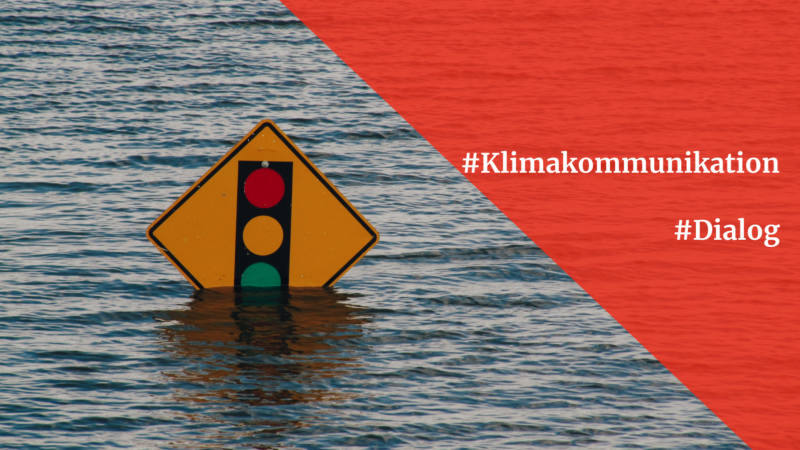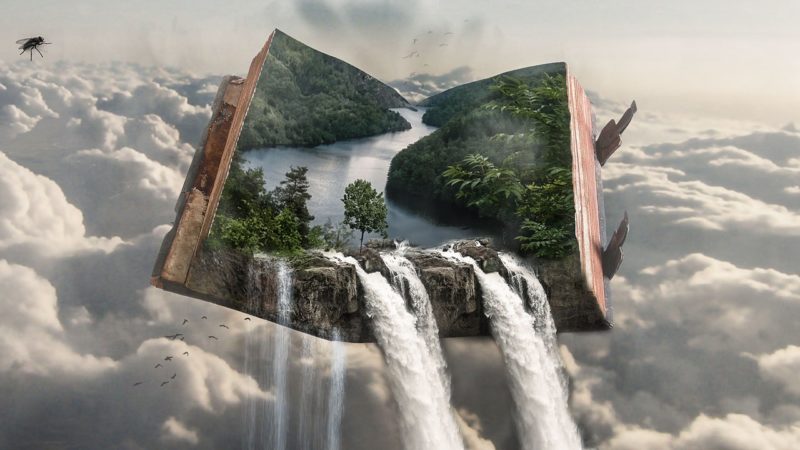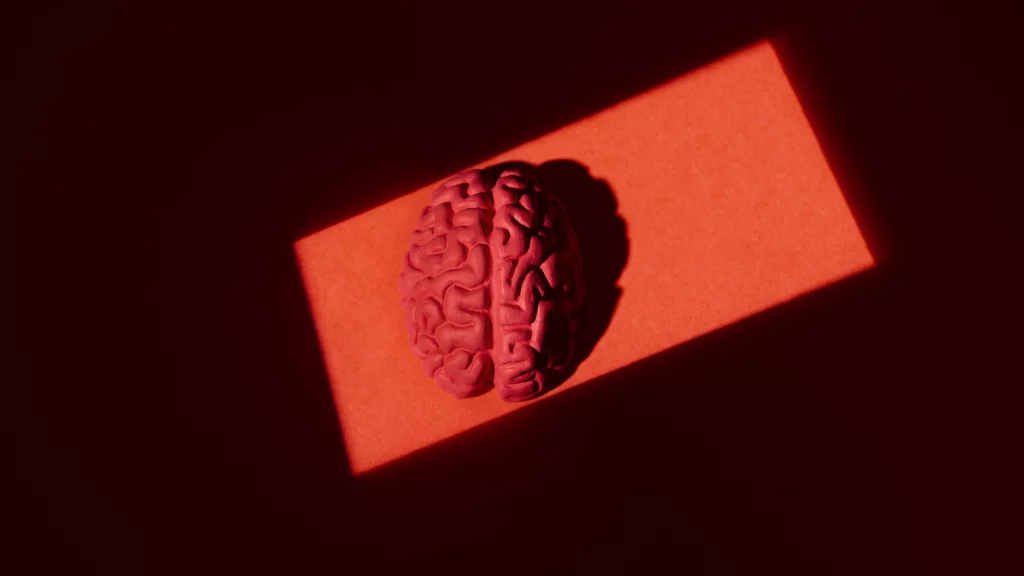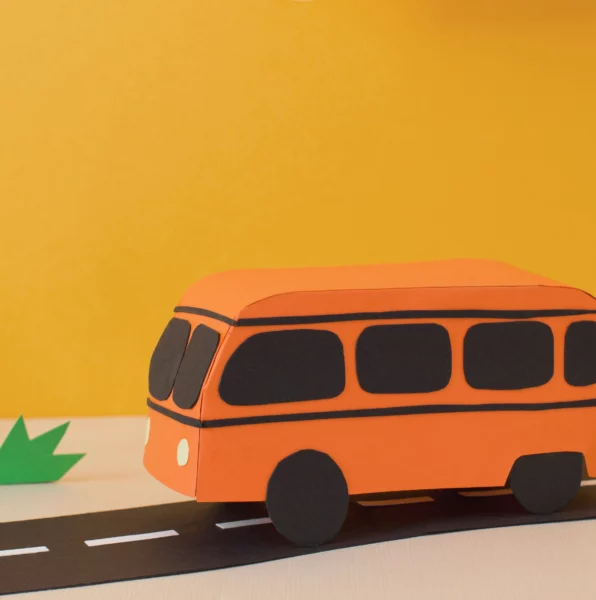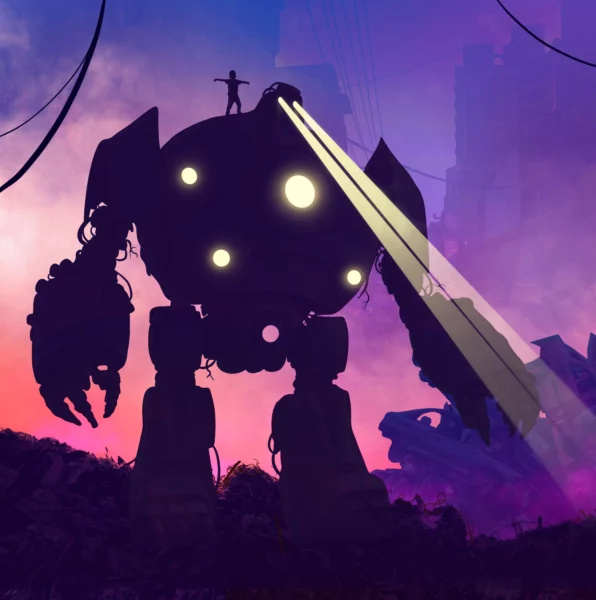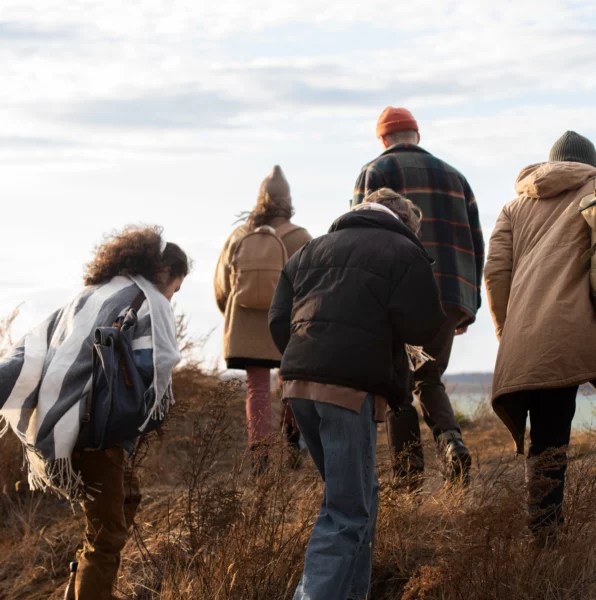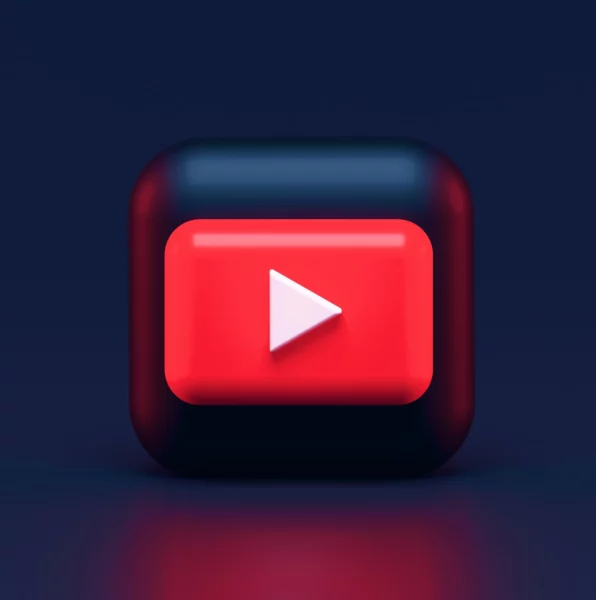What factors prevent junior climate scientists from becoming active in science communication? In this interview, Christel van Eck talks about five main barriers climate scientists have to face and what needs to be done to overcome them.
Barriers of Climate Communication
Ms van Eck, your paper Public Understanding of Science focused on the “next generation of climate scientists” and their challenges in becoming active science communicators. Why did you choose this orientation?
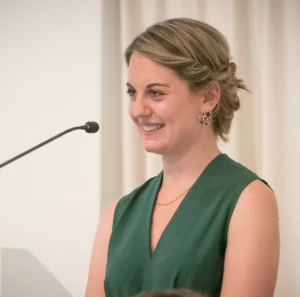
Research shows that scientists are important communicators in these debates, as the public’s trust in scientists is strongly associated with climate-friendly behaviors. Anticipating that climate change will only get worse over the years, I think we need scientists in our debates who are speaking up and junior scientists will pick up the baton from their more senior colleagues. However, climate scientists have faced significant barriers to science communication in the past. The idea behind the study is that finding out how young climate scientists view these barriers might help us to reduce them in the future.
What are these barriers that climate scientists have to face?
In my paper, I talk about four barriers to science communication. There are the common barriers like fear of failure and lack of time, but also the problem that science communication is often not part of decision about promotions in a scientific career. Then there is climate advocacy, which refers to the extent that scientists can openly advocate for specific climate policies. The third barrier is communicating in a polarized debate. The climate debate is very hostile and there is a lot of climate skepticism, misinformation, and incivility. And finally, the message content: How should scientists translate their complex scientific message into lay language without fear of misinterpretation by the public and the media?
You decided to explore how junior climate scientists give meaning to their role as science communicators through focus groups. The groups consisted of climate scientists of different disciplines from a research center in the Netherlands. How did that go down?
There were five focus groups with PhD students and postdocs, with a total of 25 participants. We started by asking: “What are your general feelings about science communication?” Then, I just followed the conversation among the participants. I really liked the setting because I was not just asking them questions, but they were talking to each other. They were discussing questions like: Can you do climate advocacy? Or can you take part in a climate protest? They challenged each other and everyone provided different reasoning. The conversations occurred naturally among them. The focus group setting provided new insights, more than an interview setting would have done.
Focus groups
are a research technique used by social scientists. It is based on an informal discussion between the participants of a study. The researcher acts as a moderator. Using this technique, researchers try to gain deeper information about a social phenomenon, as the course of the study is inevitably determined by the participants.
Analysing the conversations in the focus groups you found a fifth barrier, the “self attributed lack of expertise” among junior climate scientists. You linked it to the impostor syndrome, which is the fear of being exposed as frauds. What statements led you to this conclusion?
Many of the participants believed that science communication is science’s responsibility. However, they didn’t feel that it was every scientist’s individual responsibility. For example, some argued that they did not feel like they had the expertise yet and that senior scientists should do the communication. These postdocs and PhD students felt like they only knew a lot about a very small piece of the puzzle, whereas they are often asked about climate change in general, “the big puzzle”. As a result, they are afraid to fail if journalists ask them questions about things they do not know about, or if they answer incorrectly. This is actually what the impostor syndrome is all about.
Who do they perceive as experts if they themselves don’t feel sufficiently knowledgeable?
This is an interesting question. I also tried to ask them follow-up questions about their perception of an expert. Is it when they have a PhD, when they have more experience in the field? Or when they have a reputation? Most argued that they would be an expert more if they are a senior scientist.
I also saw that the participants distinguished between acting as an expert and acting as a private person, especially in the context of climate advocacy. However, it was difficult for them to answer how they distinguish between these roles. This is why I am going to do follow-up research on that. I want to review my data together with a conversation analyst to see how they define expertise.
Why is it so important for them to distinguish between speaking as an expert and speaking as a private person?
Many scientists still adhere to the ideal of value-free science. It says that there is no place in science for social, ethical, or political values. So in the role of an expert, you need to be objective. Whereas as a private person, you are of course a human being with values and emotions. Scientists experience conflicts between these roles, as they are worried about climate change, but simultaneously feel they cannot communicate that in their role.
You state that the results of your study contradict previous findings that young scholars seek more attention to talk about their research. Why do you believe this is the case?
One hypothesis could be that different countries and even academic institutions have different cultures regarding science communication. So it could be that in American universities, for example, young climate scientists are more supported and encouraged to do science communication, whereas here in the Netherlands it could be a different culture.
In the focus groups I also noticed a fear among some participants that being active in science communication or doing climate advocacy would not only damage their reputation in society but also their scientific career. The participants are cautious about how their actions might be perceived by senior colleagues.
Was there a finding that really surprised you during the study?
I was surprised by some of the participants‘ views of science communication. They often alluded to the information-deficit model and saw science as a top-down approach: The public needs a better understanding of the research, which then leads to a positive change of behavior. However, within the science communication community it has been shown that the information-deficit model is not that effective. Dialogical or participatory models of science communication are now more popular, where there is an ongoing conversation between scientists and the public.
In the literature, the phenomenon that scientists do not know about science communication research is referred to as the communication science-practice gap. You wrote in the study that your research’s design attempted to bridge this gap. How?
The discussions in the focus groups already forced the participants to think about science communication. I also heard that they really appreciated the set-up, where they had a set time to think about the topic in more depth. But also after the focus groups, I offered them a workshop where we discussed everything they wanted to learn about science communication. For example, how can one communicate about uncertainties in their research or how to do an elevator pitch.
What do you think needs to be done in the future to make science communication more accessible to young climate scientists?
I think it is important that universities provide institutionalized incentives for junior scientists to practice science communication, and gain experience and confidence. Otherwise, they will feel that science communication is something to do in their spare time or on top of their already very stressful jobs. These incentives could include providing training during their PhD programs, such as media training. This could easily enhance their confidence when communicating science. Also, the participants told me they did not even know where to start. Just having someone to contact and ask about science communication would already help.
